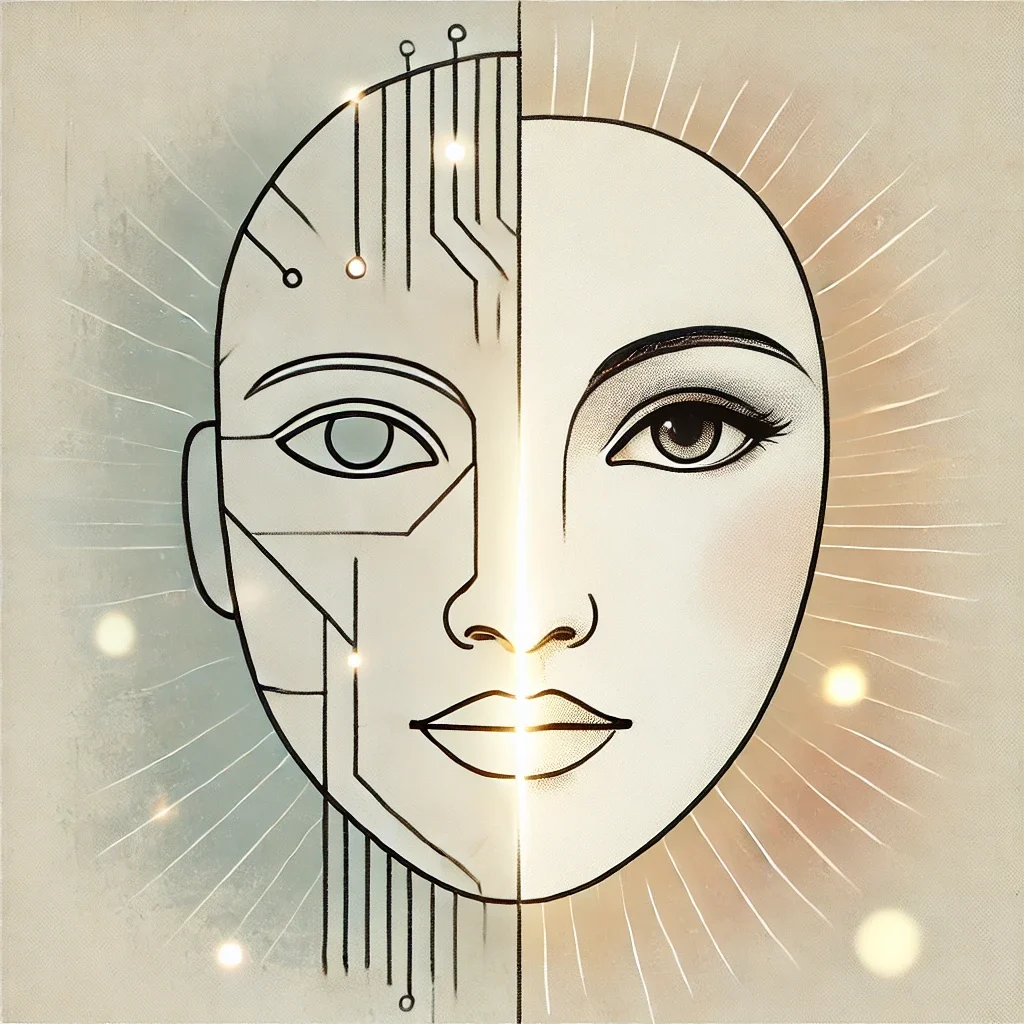THE LAPSE OF AI
- Joan Quintana

- Feb 17, 2025
- 2 min read
Artificial Intelligence (AI) is now part of our lives and complements the natural intelligence that humans have developed through cooperation.
This technological evolution invites us to reflect on the meaning of our own development and the value of presence.
AI has diluted the exclusivity of information. Today, we can learn, research, and generate ideas without geographical limits. AI excels at repetitive and algorithmic tasks, making it unparalleled when it comes to comparing and organizing the accumulated knowledge of humanity.
However, there is one aspect AI cannot replicate: human compassion. The ability to recognize another person’s suffering or difficulty and respond with a genuine will to help, comfort, or accompany them with the intention of contributing positively to their well-being.
Compassion is an essential driving force for building deep relationships, social cohesion, and creating environments where everyone feels cared for and respected. It is a reminder of our interdependence as human beings.
Unlike humans, AI does not experience involuntary errors or emotional lapses, because it lacks an unconscious mind and consciousness. While the human brain combines experiences, emotions, and intuitions, AI processes data according to predefined algorithms. This absence of emotional complexity makes it extraordinary at analyzing information with precision, yet at the same time disconnects it from the very essence of humanity: the ability to feel, to make mistakes, and to learn from those mistakes in a genuine way. Recognizing this difference allows us to appreciate the unique value of our imperfection as a source of evolution.
Human identity is built through interaction with others. Traditionally, this interaction took place in physical settings, but today many of our “peers” are virtual. Social networks, online communities, and digital environments have become spaces of connection. It is essential to discern between meaningful relationships and mere connections.
Technological isolation and individualization pose a real risk. The antidote is within our reach: community activities, face-to-face encounters, and the creation of collective spaces where we can feel connected. In this hybrid reality, we must learn to combine the best of technology with physical presence, human touch, hugs, and shared experiences — those that provide us with a sense of safety and belonging that no device can replace.
The future depends not only on how AI evolves, but on how we choose to evolve ourselves — with compassion and lapses.
Por JOAN QUINTANA, director del Instituto Relacional.



Comments